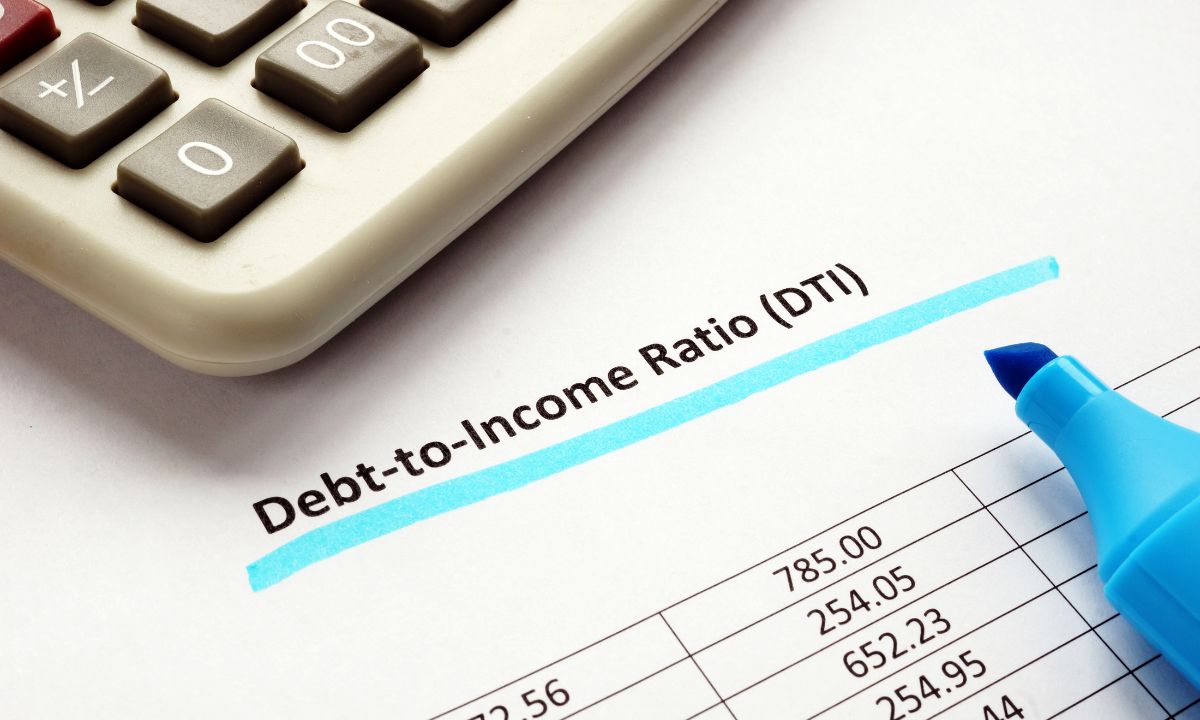 Fix-and-flip projects can be lucrative endeavors for real estate investors, but they often require a significant upfront investment. One key financial tool that savvy investors use to fund these projects is a construction loan. We will examine how you can leverage construction loans to maximize your profits in the fix-and-flip game.
Fix-and-flip projects can be lucrative endeavors for real estate investors, but they often require a significant upfront investment. One key financial tool that savvy investors use to fund these projects is a construction loan. We will examine how you can leverage construction loans to maximize your profits in the fix-and-flip game.
Understanding Construction Loans:
A construction loan is a short-term financing option designed specifically for real estate development projects. Unlike traditional mortgages, which are disbursed in a lump sum, construction loans are released in stages as the project progresses. These loans typically have higher interest rates and shorter terms, making them ideal for fix-and-flip scenarios where the goal is to sell the property quickly after renovations.
The Benefits of Construction Loans for Fix-and-Flip:
Quick Access to Capital:
Construction loans provide rapid access to the funds needed for property acquisition and renovation. This speed is crucial in the competitive fix-and-flip market, where time is often of the essence.
Interest-Only Payments:
During the construction phase, you may only need to make interest payments on the loan. This can help ease the financial burden while allowing you to focus on completing the project and preparing the property for sale.
Customizable Loan Terms:
Construction loans offer flexibility in terms of repayment schedules, allowing you to tailor the loan to the specific needs and timeline of your fix-and-flip project.
Higher Loan-to-Cost Ratios:
Many construction loans offer higher loan-to-cost ratios than traditional mortgages, enabling you to finance a larger portion of your project costs. This can free up your capital for additional investment opportunities.
Steps to Successfully Utilize a Construction Loan for Fix-and-Flip:
Thorough Project Planning:
Before applying for a construction loan, develop a detailed project plan that includes a realistic budget, timeline, and scope of work. Lenders will be more likely to approve your loan if they see a well-thought-out plan.
Selecting the Right Lender:
Choose a lender experienced in construction loans for fix-and-flip projects. Look for a lender who understands the dynamics of the real estate market and can provide the support and guidance you need throughout the process.
Applying for the Loan:
Prepare a comprehensive loan application that outlines your project’s details, your experience as an investor, and your financial standing. Be prepared to provide documentation such as project cost estimates, property appraisals, and your credit history.
Effective Project Management:
Once the loan is approved, manage your project efficiently to stay on schedule and within budget. Timely completion of the renovation is crucial to minimizing interest payments and maximizing your potential profit.
Marketing and Sale:
As the project nears completion, focus on effective marketing strategies to attract potential buyers. The goal is to sell the property quickly and repay the construction loan, allowing you to realize your profit.
Utilizing a construction loan for fix-and-flip projects can be a strategic move for real estate investors. By carefully planning your project, selecting the right lender, and managing the construction process effectively, you can leverage construction loans to maximize your profits and achieve success in the competitive fix-and-flip market.

 When it comes to securing a mortgage for your dream home, there’s a crucial number that can make or break your application: your debt-to-income ratio (DTI). Understanding and managing your DTI is essential for navigating the mortgage approval process smoothly. Let’s delve into what DTI is, why it matters, and how you can calculate it.
When it comes to securing a mortgage for your dream home, there’s a crucial number that can make or break your application: your debt-to-income ratio (DTI). Understanding and managing your DTI is essential for navigating the mortgage approval process smoothly. Let’s delve into what DTI is, why it matters, and how you can calculate it.